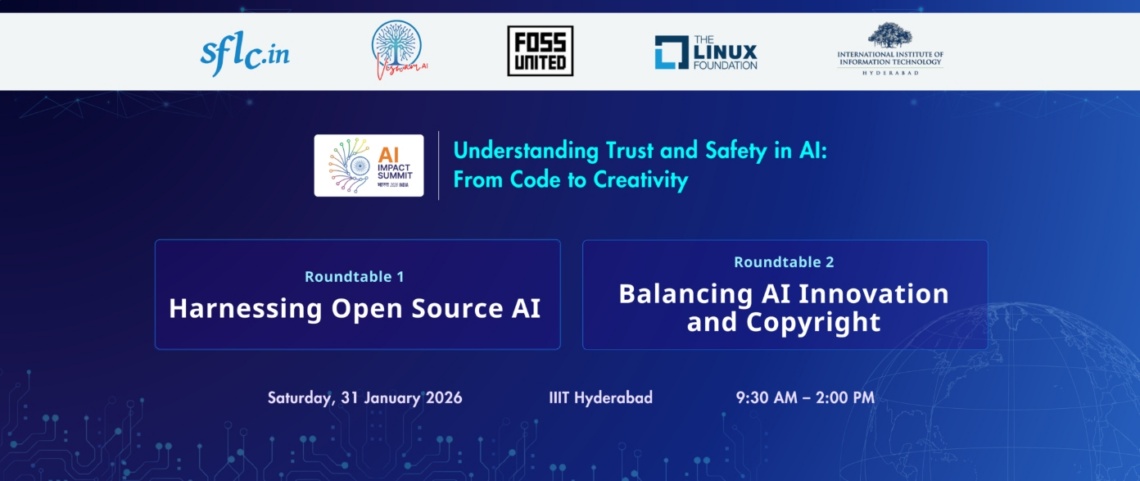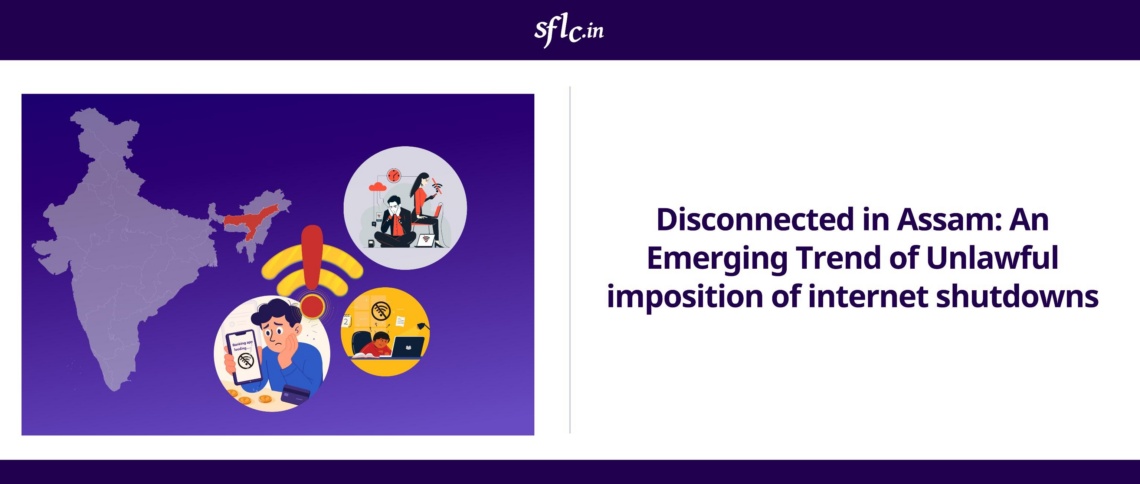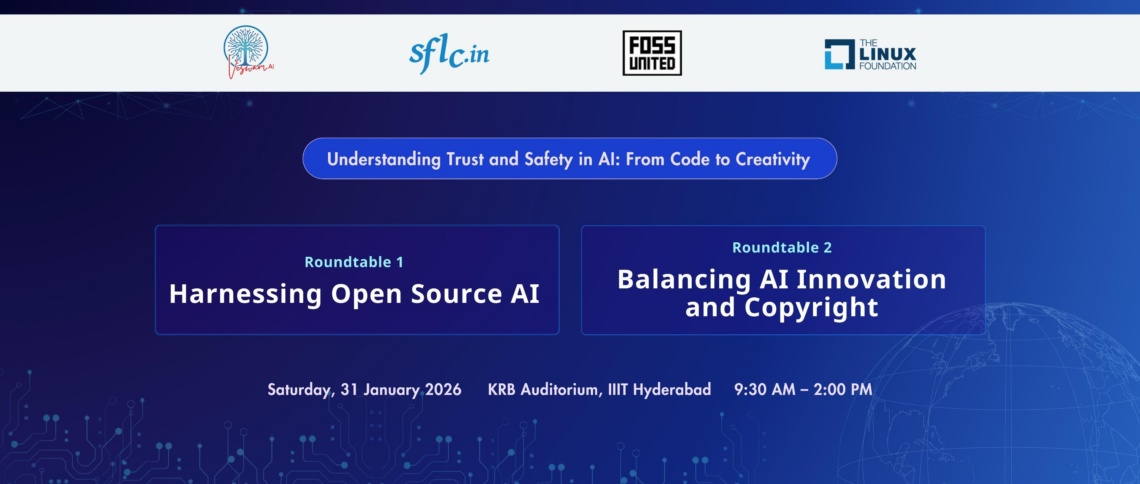On 14th December 2015, the Controller General of Patents, Designs and Trademarks, Mr. Om Prakash Gupta, ordered that the recently released 2015 “Guidelines for Examination of Computer Related Inventions (CRIs)” shall be kept in abeyance till discussions with stakeholders are completed and contentious issues with respect to the 2015 Guidelines are resolved (order available here). SFLC.in highly appreciates the efforts made by the Indian Patent Office in considering the feedback given by civil society organisations and the Indian software product industry. . This is a very welcome, albeit first, step taken by the Government towards ensuring that the Indian software industry continues to enjoy the freedom to innovate and is not shackled by irregular patents granted in the area of software.
The 2015 Guidelines, notified on August 21 2015, although ostensibly issued with the aim to foster uniformity and consistency in the examination of CRI applications, completely reversed the position in the 2011 Patent Manual and by allowing patents for computer programs and mathematical methods went against the provisions of Section 3(k) of the Indian Patents Act 1970. The 2015 Guidelines were severely criticized by software programmers and startups, who as a result of patents in the area of software would be at perpetual risk of infringing some patent or the other. Boundaries of protection claimed by software patents are often hazy and this results in patents in the software being most litigated.
On September 15 2015, SFLC.in along with several civil society organizations and citizens penned a joint letter (available here) to the Prime Minister of India expressing concerns over the 2015 Guidelines. The letter requested the PMO to initiate urgent steps to recall the 2015 “Guidelines for Examination of Computer Related Inventions, and also to ensure that any future guidelines on this subject are in tune with legislative intent of Section 3(k) of the Patents Act 1970. The Government quickly took note and in less than a week’s time the Department of Industrial Policy & Promotion, Ministry of Commerce, issued a letter to the Controller General of Patents with a request to examine the 2015 Guidelines and take appropriate action in the matter. In the following months, the Indian Patent Office and Department of Electronics and Information Technology held consultations with SFLC.in as well as representatives from the industry and other civil society organizations. During these consultations SFLC.in highlighted the issues with software patents and how allowing patents in the software area poses a direct threat to Indian software companies. We also presented them with empirical findings that show the minuscule amount of patents granted to Indian entities in the field of software when compared with foreign entities (about 3.55 % in 2009-10 and 3.76 % in 2010-11).
The initial discussions with the patent office have yielded positive results as the 2015 Guidelines are now kept in abeyance and the 2011 Patent Manual shall continue to be applicable. We at SFLC.in do hope that the Indian Patent Office will withdraw the 2015 Guidelines in totality. This will further energize the Government’s Make In India initiative as more programmers and startups will be free from fear of litigation and will continue to innovate and make great software.



